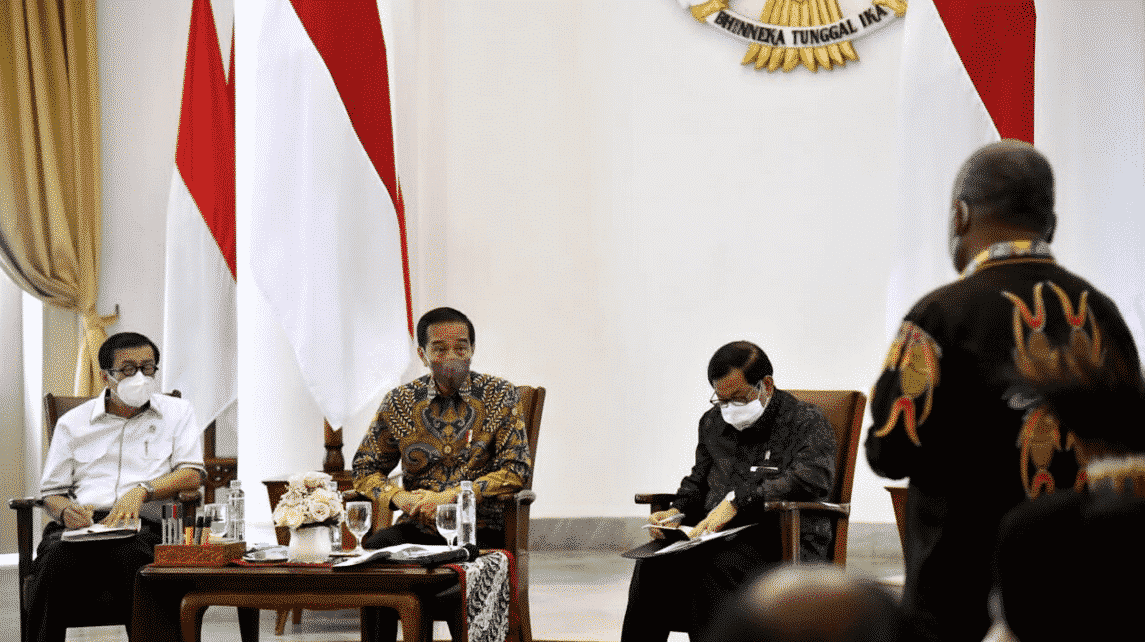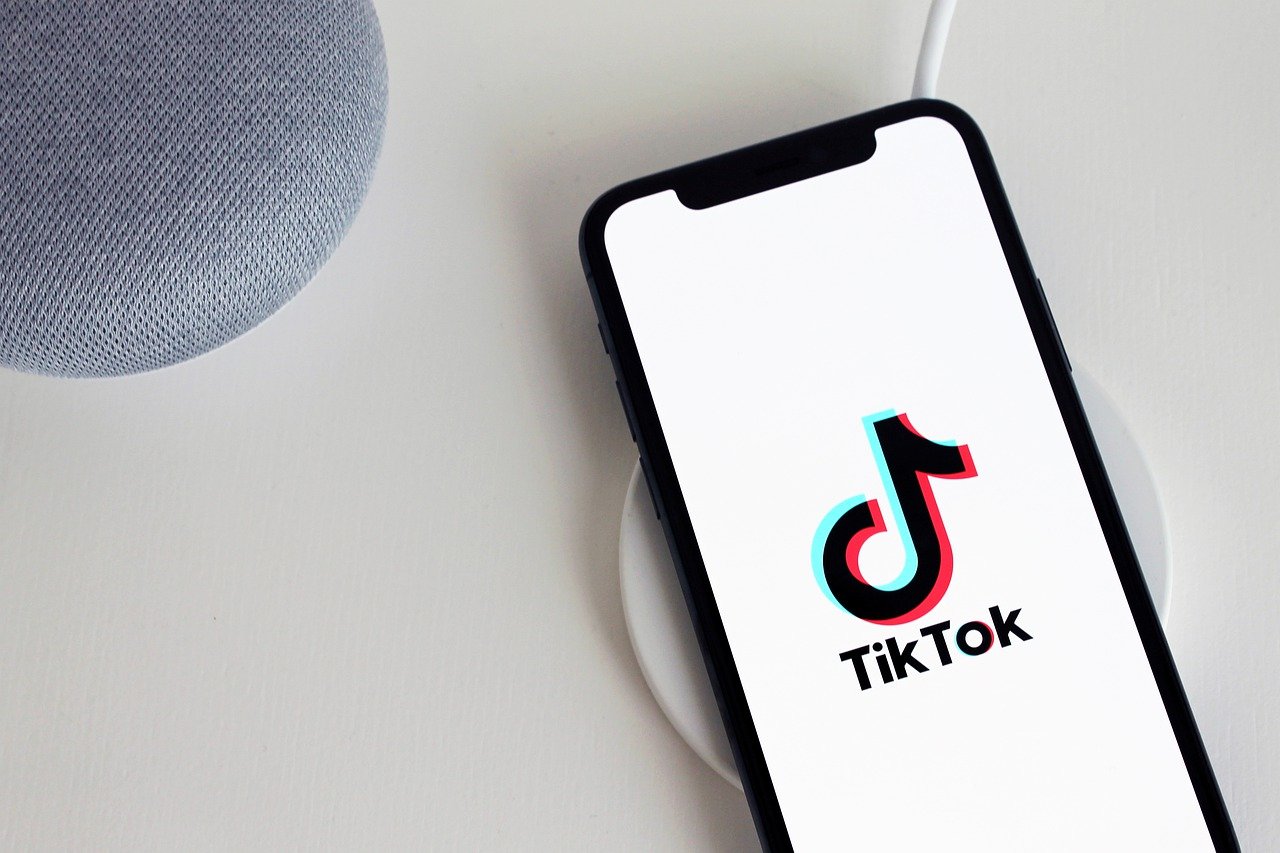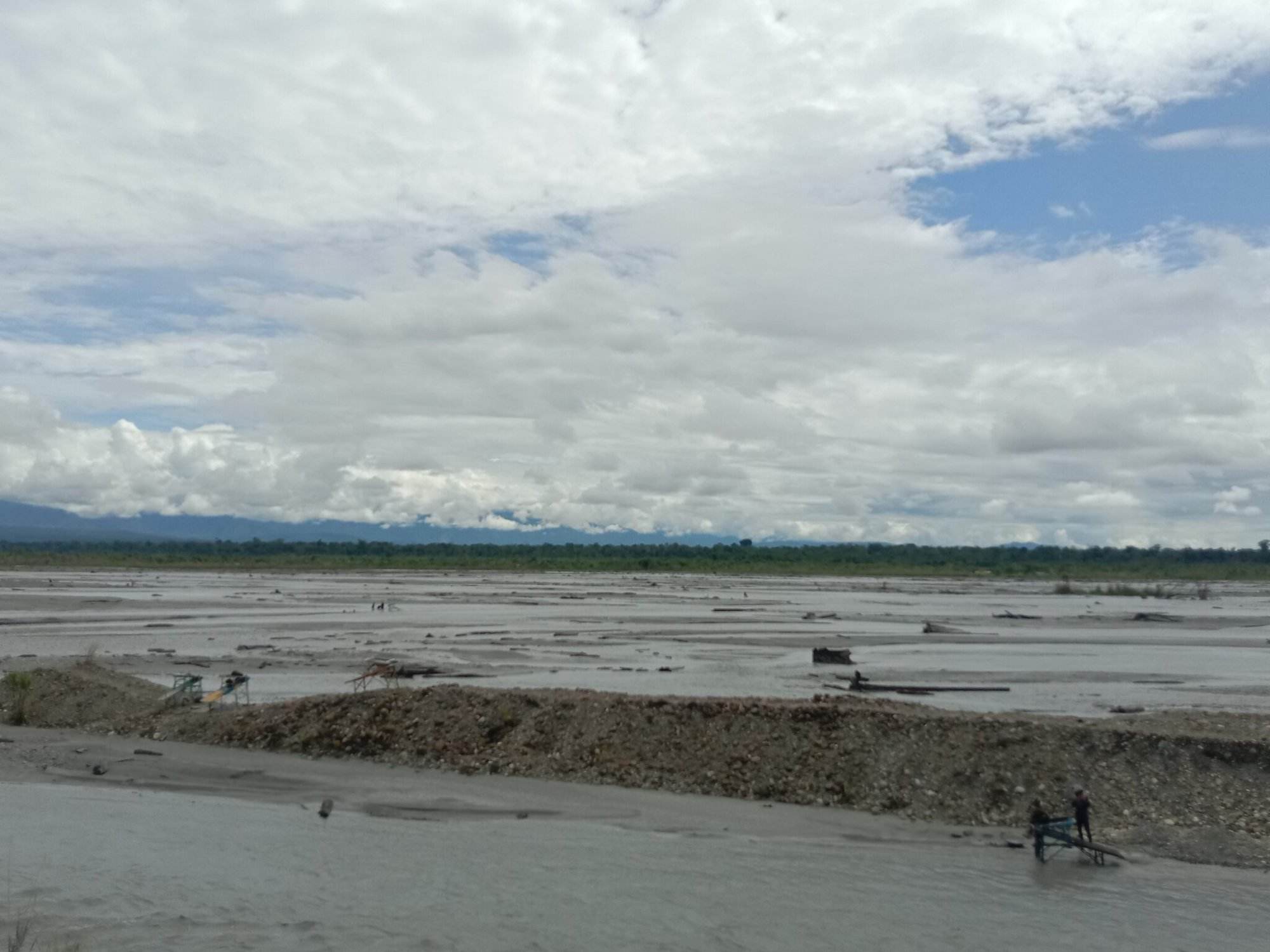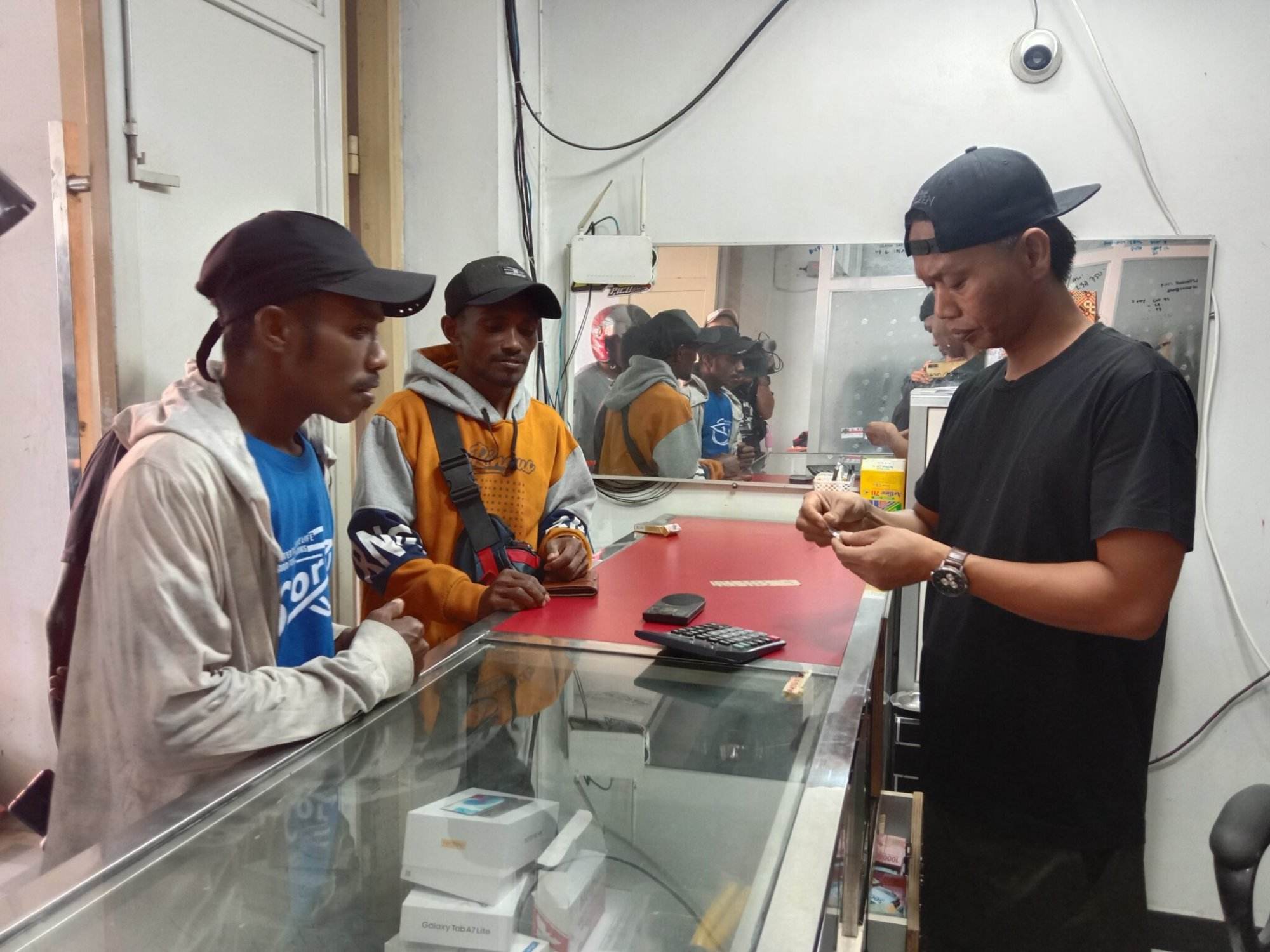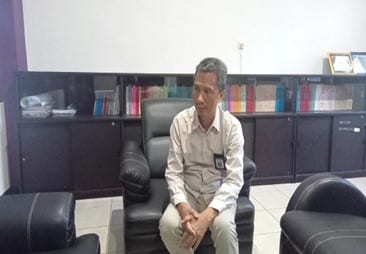Jayapura, Jubi TV – The Humanitarian Coalition for Papua urges the government to involve actual, meaningful participation of indigenous Papuans regarding the amendment of Special Autonomy Law and the government’s plan to establish three New Autonomous Region (DOB) Bills in Papua.
President Joko “Jokowi” Widodo recently met some representatives who called themselves members of the Papuan People’s Assembly (MRP) at the Bogor Palace on May 20, 2022. These people expressed their support for the Special Autonomy Law and DOB Bills. However, the MRP itself denied in a written statement that it supported the Special Autonomy Law and DOB Bills.
The Humanitarian Coalition for Papua considers Jokowi’s meeting with certain MRP members to imply a “pseudo-participation”, or participation that is far from meaningful and tends to be manipulative.
The MRP confirmed their official stance remained objecting against the new Special Autonomy Law and DOB plans, as they have conveyed to the President himself on April 25. The MRP has also filed a request for judicial review of the new Papua Special Autonomy Law to the Constitutional Court.
The MRP regretted the President’s meeting with a number of MRP members who came without assignment letters but claimed to be representatives of the Papuan people and supported the new Special Autonomy Law for Papua and the plan to establish new autonomous regions in Papua.
Director of the Democracy for Papua Alliance (ALDP) Anum Siregar considered Jokowi’s recent meeting as a political step to divide the Papuan people’s stance.
“Jakarta for the umpteenth time has tried to put our own people into conflict with each other. But we don’t want to be trapped, let alone exacerbate internal tensions among the MRP members because that is what the parties who arranged the meeting wanted. We reject to be played in the elites’ politics of divide et impera [divide and rule]. The President actually broke his promise from the previous meeting, he previously promised to the MRP to respect whatever decision of the Constitutional Court,” said Anum.
Activist from the Institute for Community Studies and Advocacy (ELSAM) Muhammad Azka Fahriza viewed the Bogor Palace meeting as a form of manipulative participation in policy-making. “This is clearly manipulative. The head of the MRP has clarified that it is not true that the MRP supports the Special Autonomy Law Volume II and the DOB. The MRP delegation at the meeting was clearly illegal. Shame on those who came selling the land and people of Papua at a low price. The public and the media must be critical about it,” said Azka.
Amnesty International Indonesia’s Campaign Manager Nurina Savitri said that the new autonomous region’s plan received widespread protests from Papuans, as occurred on May 10, 2022, when Papuans held peaceful protests in various areas in Papua and outside Papua.
“In response to this protest, the military and police have used excessive force to confront the protesters. Seven activists who gathered at the KontraS Papua office were even arrested. Even though they were released later, the incident shows that the state does not listen to people who reject the new autonomous regions. This act violates freedom of expression,” said Nurina.
The coalition urges that the DOB plan be consulted with indigenous Papuans and the MRP as a cultural institution of indigenous Papuans.
According to the Coalition, meaningful participation must meet five conditions. First, it starts early in the project planning and preparation stage and is carried out continuously throughout the project. Second, the project owner must disclose relevant and adequate information in a timely manner that is easily understood and easily accessible to the affected population.
Third, all the processes must be carried out in an atmosphere free of intimidation or coercion. Fourth, it must be inclusive, gender-sensitive, and appropriate for vulnerable groups. Fifth, it must enable the inclusion of all people to be affected by the project and other stakeholders in project design, mitigation measures, progress and opportunities sharing, as well as issues at the implementation level.
The Head of the Papuan Bureau of the Indonesian Communion of Churches (PGI), Ronald Tapilatu also questioned the Bogor Palace meeting. He suggested that the President be wise in facing the controversy around the DOB plan in Papua.
“Those who reject and accept [DOB] have their own considerations but the government must be careful as the plan will have a direct impact on the lives of the indigenous Papuans themselves. It is better if this difference of opinion is facilitated in a dialogue to find a middle ground. Moreover, we are all waiting for the decision of the Constitutional Court on the second amendment of the Special Autonomy Law proposed by the MRP and MRPB.” Tapilatu said.
Meanwhile, head of the Legal Division of KontraS Andi Muhammad Rezaldy pointed to Article 25 of the International Covenant on Civil and Political Rights (ICCPR), which states that every citizen has the right to participate in public affairs. “The Indonesian government has ratified the Covenant into Law No. 12/2005, so it must be obeyed. Even ICCPR General Comment No. 25/1996 further explains this provision by expanding public affairs to the realm of policy-making and its implementation at the international, national and regional levels,” said Andi.
In the Coalition’s notes, Article 19 of the United Nations Declaration on the Rights of Indigenous Peoples has also stated that States should consult and cooperate in good faith with affected indigenous peoples through their own representative institutions to obtain their free, prior, and informed consent (FPIC) before adopting and implementing policies that will impact indigenous peoples.
The International Covenant on Economic, Social, and Cultural Rights – which Indonesia has ratified through Law No. 11/2005 – and General Comment No. 21 of Article 15 of the Covenant says that States must respect the FPIC of indigenous peoples in all matters that may affect their rights.
Therefore, the Coalition urges the government to respect the consultation by doing four things: applying the principle of meaningful participation in making any policies related to Papua; delaying the formation of new autonomous regions until meaningful participation from the Papuan people is achieved; listening to the aspirations of all components of the indigenous Papuan community regarding the Special Autonomy Law and the new autonomous regions, not only those who support government policies; and respecting the right to freedom of opinion and expression of indigenous Papuans.
The Humanitarian Coalition for Papua is a voluntary partnership consisting of a number of organizations and individuals, such as Amnesty International Indonesia, PGI Papua, Imparsial, ELSAM Jakarta, KontraS, Democracy for Papua Alliance, JPIC GKI-TP, JPIC GKIP, SKPKC Diocese of Jayapura, Public Virtue Research Institute, PBHI, and researcher Cahyo Pamungkas. (*)



